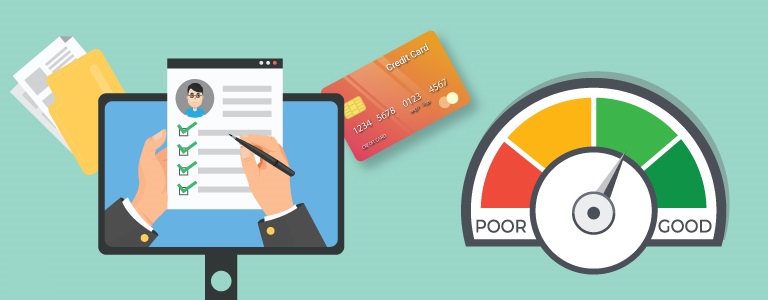
Your credit score plays a crucial role in your financial life, influencing your ability to secure loans, get favorable interest rates, and even land that dream apartment or job. A higher credit score opens doors to better financial opportunities, so it’s essential to cultivate habits that contribute to its improvement. In this blog post, we’ll explore some effective credit score boosters that can help you enhance your financial health.
- Timely Payments
One of the most significant factors affecting your credit score is your payment history. Consistently making on-time payments for your credit cards, loans, and other bills demonstrates responsibility and reliability to creditors. Set up reminders, automate payments, or create a budget to ensure you never miss a due date.
High credit card balances relative to your credit limit can negatively impact your credit score. Aim to keep your credit card balances below 30% of your credit limit. Paying down credit card debt not only improves your credit utilization ratio but also saves you money on interest payments.
- Diversify Your Credit Mix
Having a mix of different types of credit, such as credit cards, installment loans, and a mortgage, can positively impact your credit score. Lenders like to see that you can manage various types of credit responsibly. However, don’t open new credit accounts just for the sake of diversity; only do so when it aligns with your financial goals.
- Regularly Check Your Credit Report
Mistakes on your credit report can happen, and they may affect your credit score. Regularly review your credit report from all three major credit bureaus—Equifax, Experian, and TransUnion—to ensure accuracy. If you spot any errors, dispute them promptly to prevent them from impacting your creditworthiness.
- Avoid Closing Old Credit Accounts
The length of your credit history is another crucial factor in determining your credit score. Closing old credit accounts shortens your credit history, potentially reducing your credit score. Keep older accounts open, even if you don’t use them frequently, to maintain a positive credit history.
- Limit Credit Inquiries
Every time you apply for new credit, a hard inquiry is placed on your credit report. While a single inquiry has a minor impact, multiple inquiries within a short period can be seen as a red flag. Be strategic about applying for credit and only do so when necessary.
- Create an Emergency Fund
Unexpected expenses can sometimes lead to missed payments or increased credit card usage. Building an emergency fund acts as a financial safety net, reducing the likelihood of relying on credit in times of crisis. This, in turn, helps maintain a stable credit score.
- Financial Education and Counseling
Consider seeking financial education or counseling if you find it challenging to manage your finances. Professionals can provide guidance on budgeting, debt management, and other strategies to improve your financial health.
Conclusion
Improving your credit score is a gradual process that requires discipline and financial awareness. By adopting these credit score boosters into your financial habits, you’ll not only enhance your creditworthiness but also pave the way for a more secure and prosperous financial future. Remember, small positive changes today can lead to significant improvements in your credit score over time.
